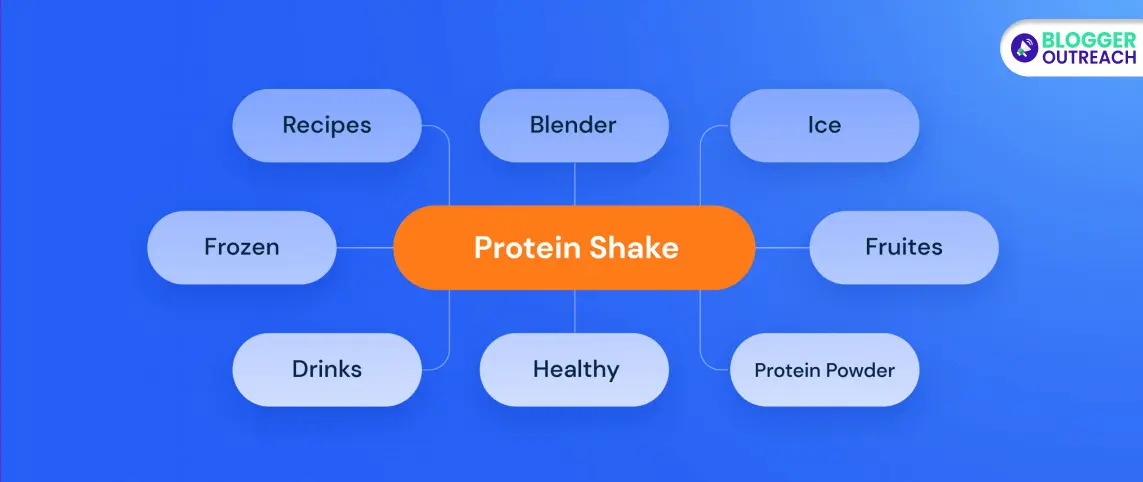Unlock the secrets of LSI keywords in SEO! Discover how these hidden gems can supercharge your website’s search rankings.

Image courtesy of via DALL-E 3
Table of Contents
Hey there, curious minds! Today, we’re going to embark on an exciting journey into the fascinating world of LSI keywords and how they play a crucial role in SEO. But wait, what are LSI keywords, you ask? Well, buckle up because we’re about to demystify this concept and discover why it’s so important in the online realm.
LSI, short for Latent Semantic Indexing, are special keywords that help search engines like Google understand the context and meaning of your content better. These keywords go beyond just the words you type into a search bar; they delve into related terms and phrases that enhance the overall relevance of your page.
So, why should you care about LSI keywords? Simple – they can make your content more discoverable, improve your website’s ranking in search results, and help you connect with the right audience. Understanding how to use LSI keywords effectively can give your online presence a significant boost. Let’s dive in and uncover the magic behind these powerful little words!
What are LSI Keywords?
LSI keywords, often referred to as latent semantic indexing keywords, are essential in the realm of SEO. But what exactly are they and why do they matter? Let’s dive in and uncover the mystery behind LSI keywords.
LSI vs Standard Keywords
To understand LSI keywords, let’s first talk about regular keywords. Standard keywords are the words or phrases that people type into search engines like Google to find what they’re looking for. For example, if you’re searching for the best chocolate chip cookie recipe, you might type in “chocolate chip cookie recipe” as your main keyword.
Now, LSI keywords are like the friendly cousins of your main keyword. They are related words and phrases that are semantically linked to your main topic. In simpler terms, they are words that are often found together with your main keyword. So, going back to our chocolate chip cookie recipe example, LSI keywords could be “baking,” “dessert,” or “homemade cookies.”
Unlike regular keywords, which focus solely on specific terms, LSI keywords help search engines understand the context and relevance of your content. They make your content more robust, natural, and easier for people to find when they search online.
Why are LSI Keywords Important?
LSI keywords play a crucial role in improving SEO and making content more relevant and natural. Let’s dive into why they are so important!
Helping Search Engines Understand Content
When search engines crawl through web pages, they look for relevant keywords to determine what the content is about. By using LSI keywords, which are related terms to the main topic, you can help search engines get a better understanding of the context of your page. This, in turn, can boost your visibility in search results.
Avoiding Keyword Stuffing
Using LSI keywords is also a great way to prevent keyword stuffing. Keyword stuffing is the practice of overloading content with the same keyword repeatedly, which can make it look unnatural and harm your SEO efforts. By incorporating LSI keywords naturally throughout your content, you can prevent keyword stuffing and ensure your content flows smoothly.
How to Find LSI Keywords?
When it comes to boosting your website’s visibility on search engines, finding the right keywords is key. In addition to your main keywords, LSI (Latent Semantic Indexing) keywords play a crucial role in SEO. But how do you discover these hidden gems that can enhance your content? Let’s explore some simple methods for finding LSI keywords that can help your website rank higher on search engine result pages.

Image courtesy of via Google Images
Using Google Search
One of the easiest ways to uncover LSI keywords is by using Google search itself. Simply type in your main keyword and scroll down to the bottom of the search results page. You’ll find a section called “Searches related to…” which lists other terms and phrases related to your main keyword. These related searches often contain valuable LSI keywords that you can incorporate into your content.
Using LSI Keyword Tools
If you want a more organized approach to finding LSI keywords, there are various tools available that can make the process a breeze. Tools like LSIGraph allow you to enter your main keyword and generate a list of related terms and phrases that you can use in your content. These tools not only save you time but also help you discover LSI keywords that you might not have thought of on your own.
How to Use LSI Keywords in Your Content?
When it comes to creating content for your website, using LSI (Latent Semantic Indexing) keywords can greatly enhance your SEO strategy. But how do you effectively incorporate these keywords into your content? Let’s explore some simple ways to seamlessly include LSI keywords for a more natural and engaging read.
In the Title
One effective way to use LSI keywords is by incorporating them into the title of your page. By including relevant LSI keywords in your title, you not only make it more SEO-friendly but also give readers a clearer idea of what your content is about. For example, if your main keyword is “healthy eating,” LSI keywords like “nutrition” or “balanced diet” can enrich your title and attract more traffic.
In the Headings
Headings are crucial for organizing your content and guiding readers through your material. By including LSI keywords in your headings, you can enhance the structure of your content and make it easier for both readers and search engines to understand. For instance, if you’re writing about “best gardening tips,” using LSI keywords like “plant care” or “garden maintenance” in your headings can improve the overall flow of your content.
Throughout the Content
Lastly, integrating LSI keywords naturally throughout your content is key to maintaining a coherent and informative piece. As you write, look for opportunities to include related terms that enhance the context of your main keyword. For example, if you’re discussing “digital marketing strategies,” weaving in LSI keywords like “SEO techniques” or “social media engagement” can provide a well-rounded perspective and boost your content’s visibility.
Examples of LSI Keywords
When you search for ‘apple’, you might also see words like ‘fruit’, ‘orchard’, and ‘pie’ pop up. These words are related to ‘apple’ and are called LSI keywords because they help search engines understand that your content is about the fruit and not the technology company.

Image courtesy of via Google Images
Example for ‘Cat’
If you look up ‘cat’, you could come across terms like ‘pet’, ‘kitten’, and ‘feline’. These words are LSI keywords for ‘cat’ because they are closely connected and help search engines know that your page talks about our furry friends with whiskers and not the animal’s eyes in the dark.
Common Mistakes to Avoid
When using LSI keywords in your content for SEO, it’s essential to be aware of some common mistakes that people make. By avoiding these pitfalls, you can ensure that your content is optimized effectively.
Overusing Keywords
One of the biggest mistakes that people make when incorporating LSI keywords is overusing them in their content. While it’s important to include these related terms to improve SEO, cramming too many keywords into your text can make it sound unnatural and spammy. Remember, the goal is to create high-quality, engaging content that resonates with your readers, not to stuff it full of keywords.
Irrelevant LSI Keywords
Another common mistake is using LSI keywords that are irrelevant to the main topic of your content. It’s crucial to choose related terms that actually enhance the context of your writing and provide value to the reader. Including LSI keywords that are not pertinent to your content can confuse search engines and diminish the overall quality of your work.
Conclusion
In conclusion, understanding and using LSI keywords play a vital role in improving the visibility and relevance of your content in search engine results. By incorporating these related terms naturally throughout your text, you can provide search engines with a clearer understanding of your content’s context.

Image courtesy of via Google Images
Remember, LSI keywords help prevent keyword stuffing and make your content flow more smoothly, creating a better experience for both readers and search engines. So, whether you’re writing a blog post, crafting a product description, or creating a landing page, integrating LSI keywords is essential for optimizing your content for SEO.
Want to turn these SEO insights into real results? Seorocket is an all-in-one AI SEO solution that uses the power of AI to analyze your competition and craft high-ranking content.
Seorocket offers a suite of powerful tools, including a Keyword Researcher to find the most profitable keywords, an AI Writer to generate unique and Google-friendly content, and an Automatic Publisher to schedule and publish your content directly to your website. Plus, you’ll get real-time performance tracking so you can see exactly what’s working and make adjustments as needed.
Stop just reading about SEO – take action with Seorocket and skyrocket your search rankings today. Sign up for a free trial and see the difference Seorocket can make for your website!
Frequently Asked Questions (FAQs)
What are LSI Keywords?
LSI keywords, short for Latent Semantic Indexing keywords, are terms related to the main keyword or topic of a webpage. They help search engines understand the context of the content and improve search result relevance.
Why Should I Use LSI Keywords?
Using LSI keywords is essential for enhancing your SEO strategy. These keywords assist search engines in comprehending the content of your page better, ultimately increasing its visibility in search results. By incorporating LSI keywords, you’re also avoiding the pitfall of keyword stuffing, making your content flow more naturally and effectively.







